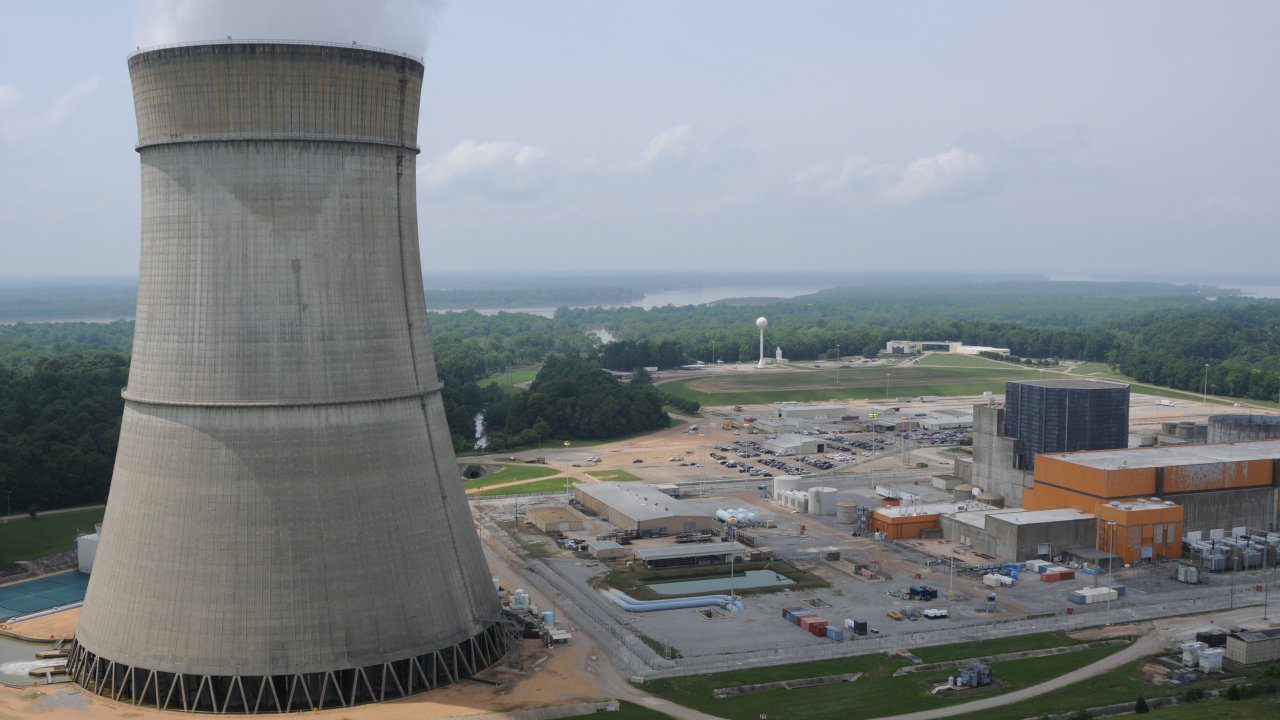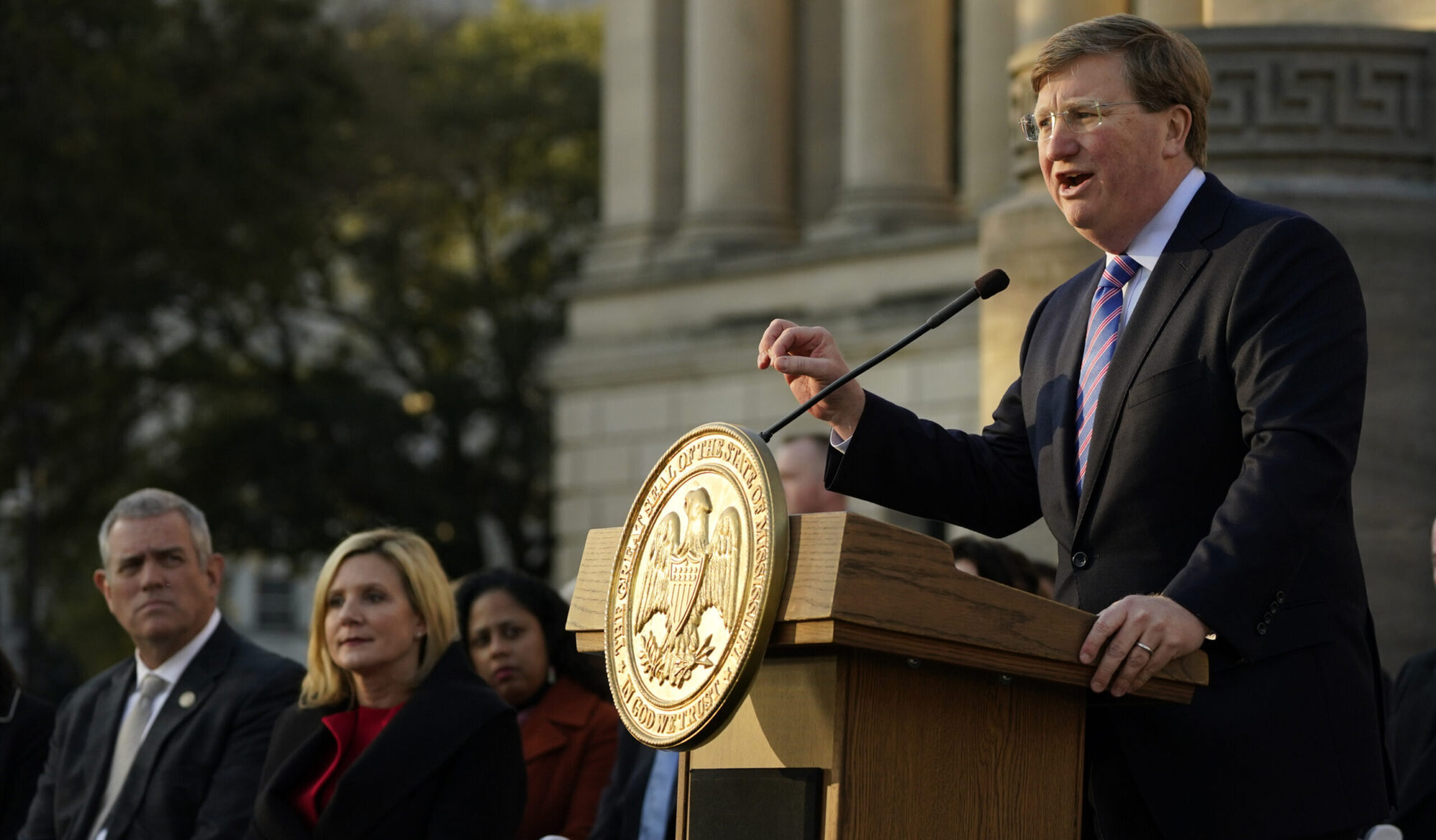
President Joe Biden speaks at the Lucy Evans Baylands Nature Interpretive Center and Preserve in Palo Alto, Calif., Monday, June 19, 2023. Biden talked about climate change, clean energy jobs and protecting the environment. (AP Photo/Susan Walsh)
The Biden Administration’s unprecedented meddling in attempt to transform the U.S. energy picture in power generation, automotive fuels, and even household appliances is an intentional departure away from market guided energy production and use to an energy portfolio dictated by regulation.
For those who would like to see a silver lining in the morass of DC politics, there just may be the slightest ray of hope in recent energy policy negotiations. To be clear, there is much to be concerned about over the direction of current U.S. energy policy. It’s wrongheaded, reckless, and will lead to higher cost energy and lower reliability. However, Democrats are finding the same policy barriers that have long hindered development are now obstructing their energy agenda.
Most Americans probably know little or nothing about the National Environmental Policy Act, or NEPA as it is commonly known. Over fifty years ago, Congress enacted this law to create a process that ensures federally funded or regulated projects are developed in ways to minimize environmental impacts. Over the years, this well-intended process has evolved into a burdensome beast that is separate and in addition to other major federally-set environmental protections under laws like the Clean Air Act, the Safe Drinking Water Act, the Endangered Species Act, and others.
As long as NEPA was adding years to development of needed natural gas pipelines, highway projects, port expansions, and other major infrastructure projects, Democrats didn’t seem to be concerned. Now, NEPA is holding up their push to vastly expand renewable power generation as they hope to reduce fossil fuel usage. Because wind and solar generation require massive swaths of land, projects are usually built in rural areas, so inordinate amounts of interstate power transmission are required to get the power to where it is consumed.
For this politically motivated agenda, the problems are many, but the politicians urgently pushing this movement are coming to better appreciate how federal agency NEPA rules can hold up their projects for years and often indefinitely through long review times and protracted litigation. Finally, there seems to be at least some bipartisan agreement that NEPA practices are often unreasonable and bureaucracy at its worst.
In the Debt Ceiling Bill passed in June, Republicans and Democrats in Congress agreed on permitting reforms aimed to reduce the NEPA burden. While the permitting reforms will likely result in only very minor process improvements with insignificant practical effects, this attempt is a bipartisan act to fix a bureaucratic mess that has long hindered needed development. Although Republicans wanted the reforms to go further, any action to fix NEPA is progress.
D.C. Democrats may prefer one set of rules for interstate electric transmission and another set of rules for highways or natural gas pipelines, but fortunately, it can’t work that way. Going forward, the question is, if the multi-year project delays caused by NEPA process, review and litigation will result in an expanded appetite to remove these barriers or if NEPA paralysis will persist. The recent action gives hope for greater progress in the future.
While the recent acknowledgement of the NEPA problem is but a tidbit of good news, the chief concern should be America’s energy future. The Biden Administration’s unprecedented meddling in attempt to transform the U.S. energy picture in power generation, automotive fuels, and even household appliances is an intentional departure away from market guided energy production and use to an energy portfolio dictated by regulation.
As the Biden Administration and Democrats seek to advance their agenda, they will continue to hit barriers like NEPA and find themselves conflicted with their past anti-development environmental policies. Their agenda is harmful, but this spectacle should be interesting.











